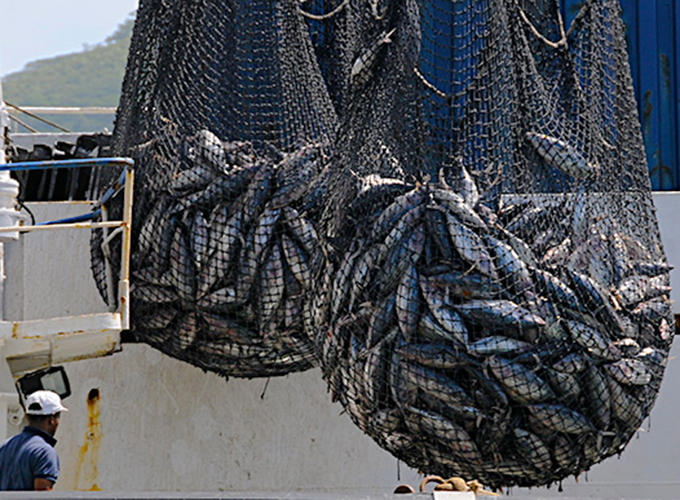
By Fatu Tauafiafi in Auckland
A large contingent of Pacific island country officials will be among delegates from 60 countries meeting in Auckland today to discuss latest tactics to fight illegal, unreported and unregulated (IUU) fishing across the globe.
The 5th Global Fisheries Enforcement Training Workshop (GFETW) will align to the theme: “Working together to combat IUU fishing to ensure the sustainability of world fish stocks.”
Hosted by the Ministry for Primary Industries (MPI) and the International Monitoring Control and Surveillance (MCS) Network, it is an opportunity for nations to update each other on the latest techniques and technologies and to strengthen the communication ties that makes the MCS network successful.
The International MCS Network focuses in particular on enhancing cooperation with developing countries, and at the 4th GFETW held in Costa Rica 2014, several presentations pointed to the need to deploy additional efforts in developing countries in order to strengthen their capacities to implement effectively internationally agreed measures. These efforts were urged to address governance, legislation and technical capacities (means and skills).
MPI spokesperson Dean Baigent said global co-operation means there was increasingly nowhere to hide for boats and crews that deliberately plunder high seas fisheries.
“We have a successful network where nations share information gathered from satellite monitoring, aerial surveillance, catch data and vessel inspections that targets illegal operators and makes it very difficult to profit from IUU fishing.”
Obvious host
Baigent plugged New Zealand as the obvious country to host the global workshop.
“We are responsible for managing the world’s fourth largest Exclusive Economic Zone (EEZ) and are an active participant in monitoring and patrolling the toothfish fishery in the Southern Ocean and the tuna fishery in the southwest Pacific Ocean.”
Niue’s MCS Officer Launoa Gataua certainly hopes the meeting will deliver on its objective as Niue desperately needs help for the monitoring, control and surveillance of its 360,000 sq km fishery.
Niue had only recently re-opened its waters for fishing in June 2013 and so far licensed seven vessels with the hope that its cap of 10 will be reached in the near future.
However, they are aware that a lot of their fishery income is hemorrhaging through illegal, unreported and unregulated fishers. And they are powerless to do anything about it at the moment.
Niue is one of three Pacific island countries without a patrol boat but that is not usually a big problem because it has a constitutional arrangement with New Zealand to provide surveillance for its EEZ. But for the whole of 2015, that service did not happen as New Zealand assets were diverted elsewhere.
‘Pretty much blind’
“Last year alone we had no surveillance patrol done for our EEZ except for a chance visit by a French patrol boat which was very welcome. But that apart we are pretty much blind,” Gataua said.
“We do know there’s a lot of IUU going on in our EEZ. An estimate of how much that loss of income is to Niue would probably be on the low side.”
He explained that they get regular reports from visiting yachts on their way from the Cook Islands. Reports which they [Niue’s fisheries division] are not picking up through the Automatic Identification System (AIS) or the regional Vessel Monitoring System (VMS) run by the Forum Fisheries Agency (FFA).
“To me that’s an indication of IUU fishing,” he said. “Each of those ships sighted is lost income to Niue.
“But what else can we do? It’s too hard for us to monitor the area.”
Gataua is attending the 5th Global Fisheries Enforcement Training Workshop and is hopeful the next five days will provide options and help for Niue’s situation. Help that would have significant impacts to Niue’s economy. With its GDP, a meager $28.5million, any increase from its fishery revenue would be a massive boost considering that tourism, is the biggest earner at just under $6million.
“If we can reduce the IUU going on in our EEZ, it’s quite feasible that our fisheries revenue will rival that of our tourism sector.”
He points enviously towards their smaller neighbor Tokelau, whose 2015 fisheries revenue topped $12.5million, as to what is possible.











































[…] Pacific officials join global tactics workshop on illegal fishing […]
Comments are closed.